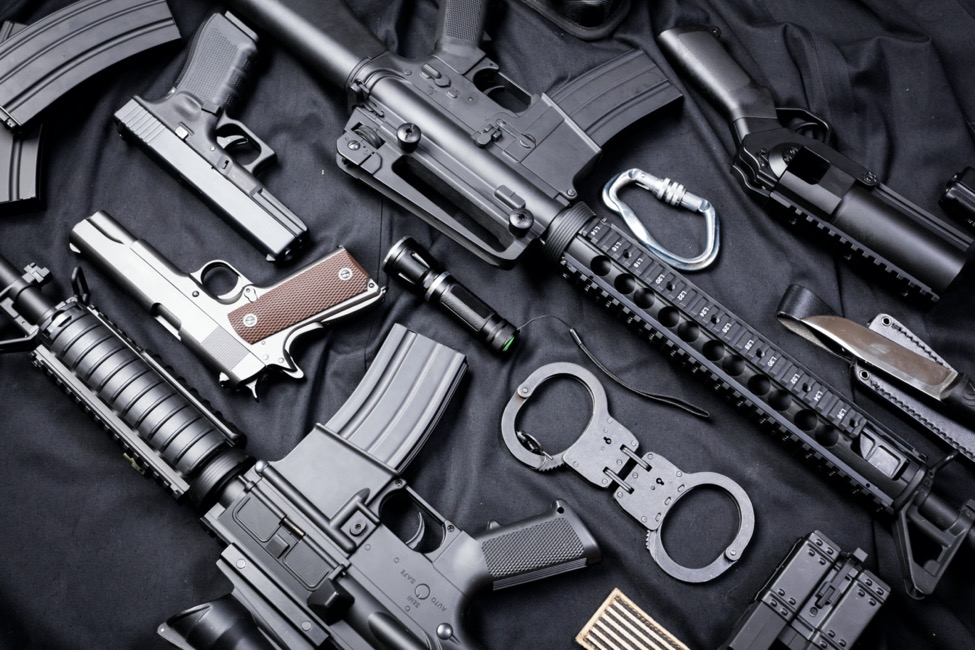The Robb Elementary School shooting sent ripples across the entire nation, especially in Texas. As we grapple with the aftermath of the horrifying incident, we must take appropriate measures to protect our children.
The officers at the scene reportedly delayed stepping in and confronting the shooter. They were aware of what was happening inside. They were aware that children were present inside the classroom. However, they waited in the hallway outside the classroom for over 45 minutes before finally using a master key to open the door and gain entry. Over 20 officers delayed action, knowing the children’s lives were at risk.
In light of the incident, people are demanding accountability from law enforcement officers who were managing the scene. Should the officers face charges for not acting soon enough? Or was the delay justified?
Some Background History
In the past, when an active shooter attacked a school, protocol dictated that officers hold fast on the scene and wait for their SWAT (special weapons and tactics) unit to arrive. The procedure was designed to make sure that the gunman remained contained while law enforcement who specialize in hostage situations could arrive and take over.
All of that changed, first with Columbine High School in Littleton, Colorado, and again with the shooting at Marjory Stoneman Douglas High School in Parkland, Florida. With both active gunman incidents, the shooter acted quickly and began shooting students within minutes of entering the buildings, making the preexisting procedures obsolete.
Most police forces recognize and are up to date on the latest training methods that now stipulate that in an active shooter situation—especially one involving children—police are required to enter the building as soon as they arrive at the scene and engage the shooter quickly. Their job is to sacrifice their lives to save others, and that means entering the situation without backup from SWAT.
The On-Site Commander’s Thought Process
The on-site commander at the scene believed that the 18-year-old shooter was barricaded inside the classroom and the children inside were not at risk.
According to Steven McCraw, Texas Department of Public Safety director, the on-site commander was convinced that they had time to organize and the children were being held, not attacked. This was not the case, as is evident from the 911 calls from children inside the classrooms.
Shortly after the attack began, parents standing nearby were screaming at law enforcement, “Go in there! Go in there!” However, the officers stayed put while keeping parents from going in.
Should the Officers Be Charged?
Uvalde Police Chief Pete Arredondo admitted in an interview that not going in was the “wrong decision,” but will he or any of the other officers face criminal charges? A video posted on Twitter shows parents begging the police to take action. A person can be heard urging other parents to collectively barge into the classroom together since the police weren’t acting.
Not only did the officers refuse to act themselves, but they also prevented anxious parents from saving their own children. In Texas, officers could be charged with criminally negligent homicide, but the burden of proof that lies with the state is very high according to some legal experts. However, details from the investigation could uncover evidence that may make the charges more plausible. Then again, they may not.
That said, the officers could very well face charges of civil negligence, which means they acted without “using a level of care that an ordinary person would have used in similar circumstances.” To prove criminal negligence, there needs to be a higher degree of carelessness and a substantial risk of harm, which, again, is more difficult to prove.

Moving Forward
We can all agree that the shooting in Uvalde was indeed tragic. Had police acted much sooner, perhaps they could have saved more lives. Negligence played a role in this situation, but was it civil or criminal? The investigation will hopefully uncover more facts and we will know for sure.
Attorney JL Carpenter takes on complex cases for her clients across the Greater Houston area, including Friendswood and Clear Lake. Her practice areas include DWI, BWI, drug possession, family violence, and domestic violence, among others.
If you need legal support, contact her today. As an experienced criminal defense attorney, JL provides aggressive representation for her clients.